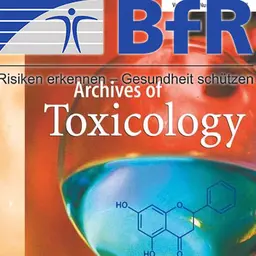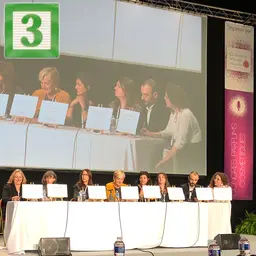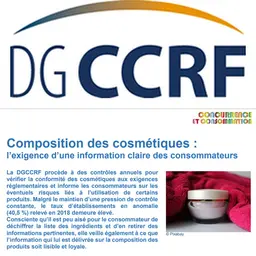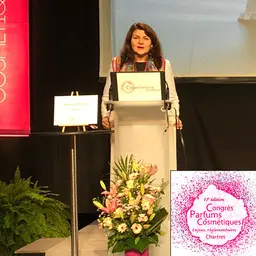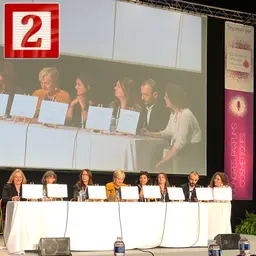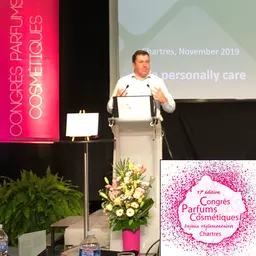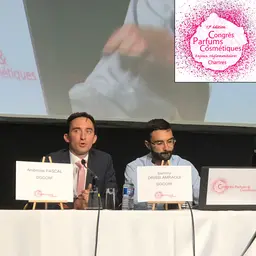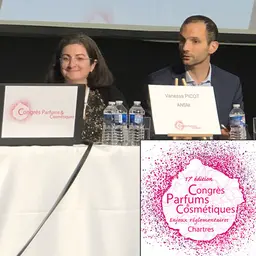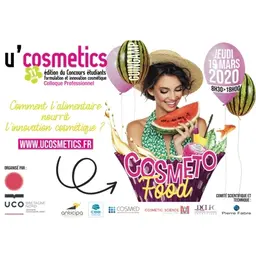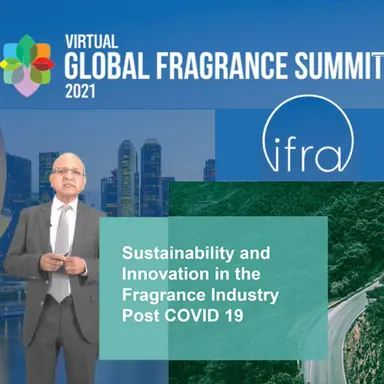
For more than a year, the Covid-19 pandemic has severely affected the perfume sector, and in particular fine fragrances. Beyond the necessary battle to regain the market, the end of the crisis could also be synonymous with profound upheavals in the approach to this activity. Between adaptation to the new situation, sustainability and innovation, Michael Carlos, IFRA President Emeritus, shared his vision of the future of this industry at the IFRA Global Fragrance Summit held in early March.
In the beginning was the pangolin
“As you all know, it all started in the city of Wuhan, more than a year and three months ago, before the phenomenon spread quite rapidly to different parts of the world.Some say it was bats that caused it, others that it was pangolins… at least in one of the many markets that sell them all over Southeast Asia,” Michael Carlos began.
From an economic point of view, China got back on its feet quite quickly. Within three to four months, we saw air traffic pick up, consumers return to the markets and ports resume exports…
This was not the case in the West. Among the countries most affected, Spain saw its GDP fall by 23% compared to 2019, Great Britain by 22%, France by 19%, Italy by 17%… And all Western countries have suffered huge losses of life.
Living with the virus
How has this affected consumer behaviour?
Luxury in decline
“I think the first consequence has been a reduction in luxury goods sales,” said Michael Carlos. With the sharp reduction in international flights and the closure of Duty Free shops, sales of luxury perfumes have fallen by almost 35%, especially in the …




